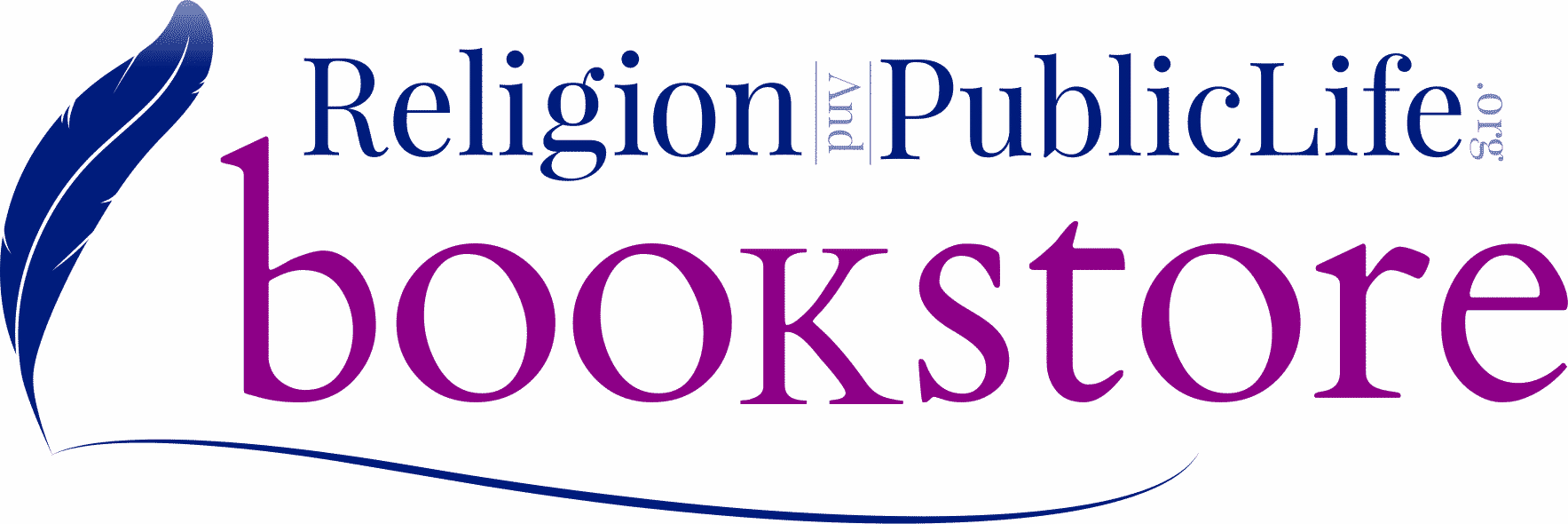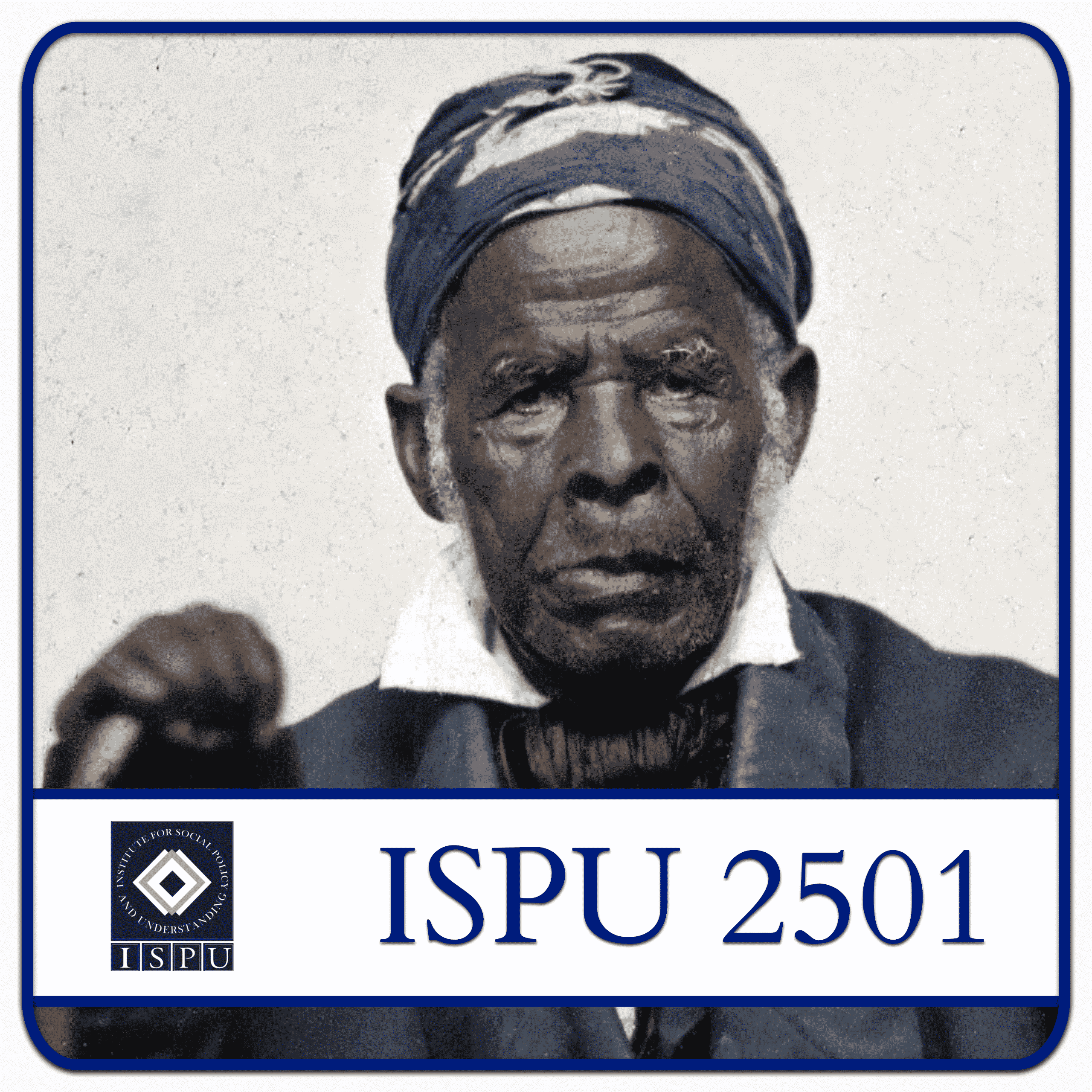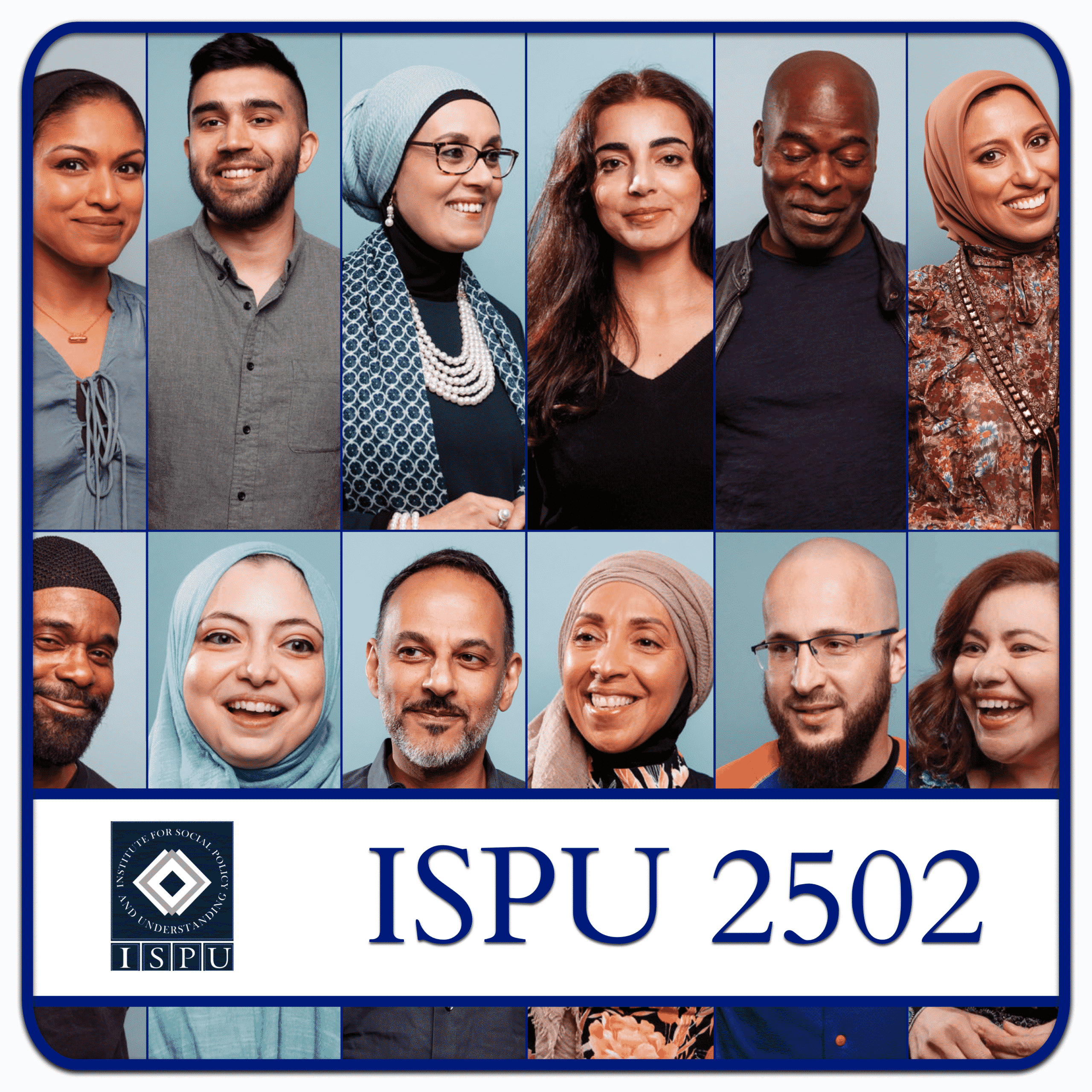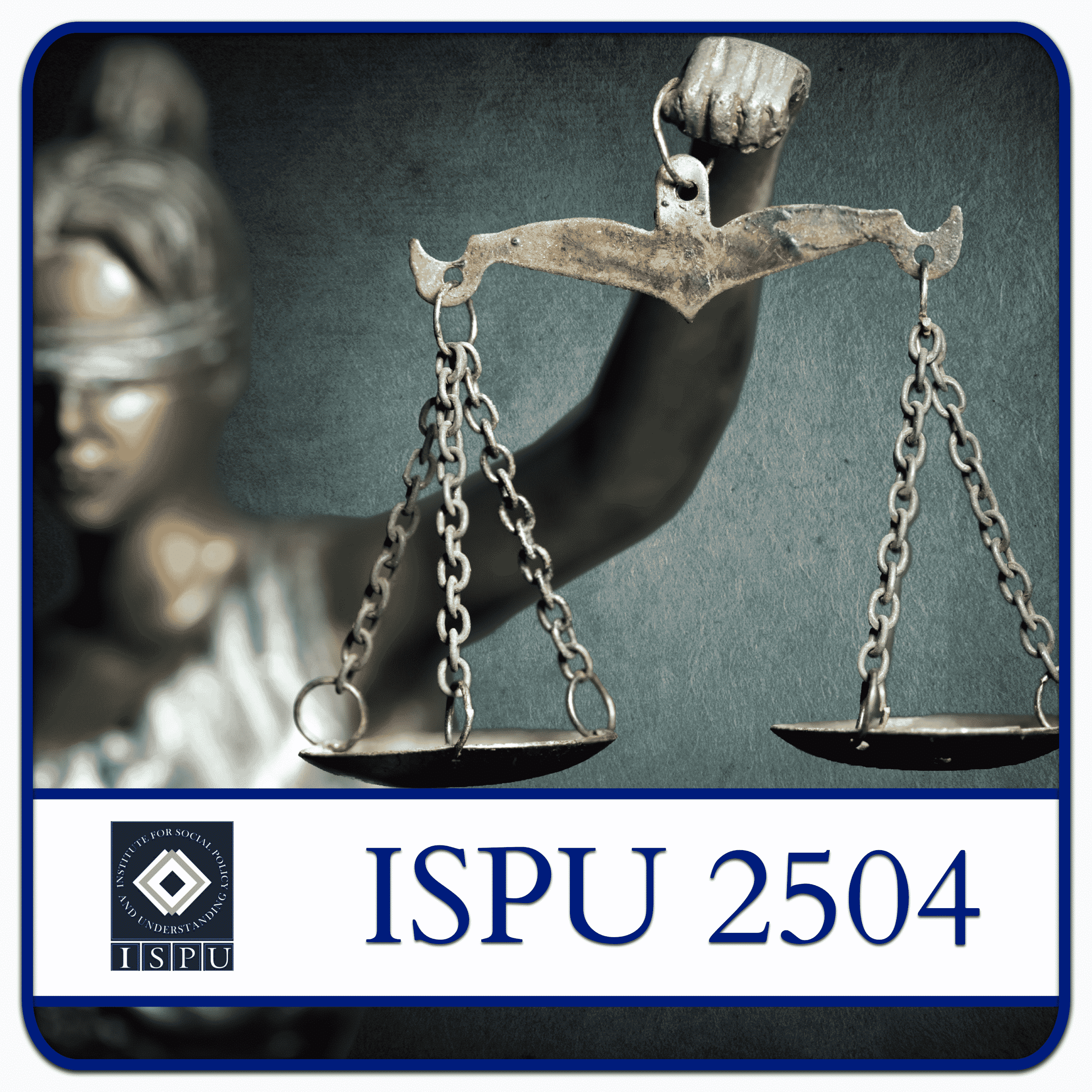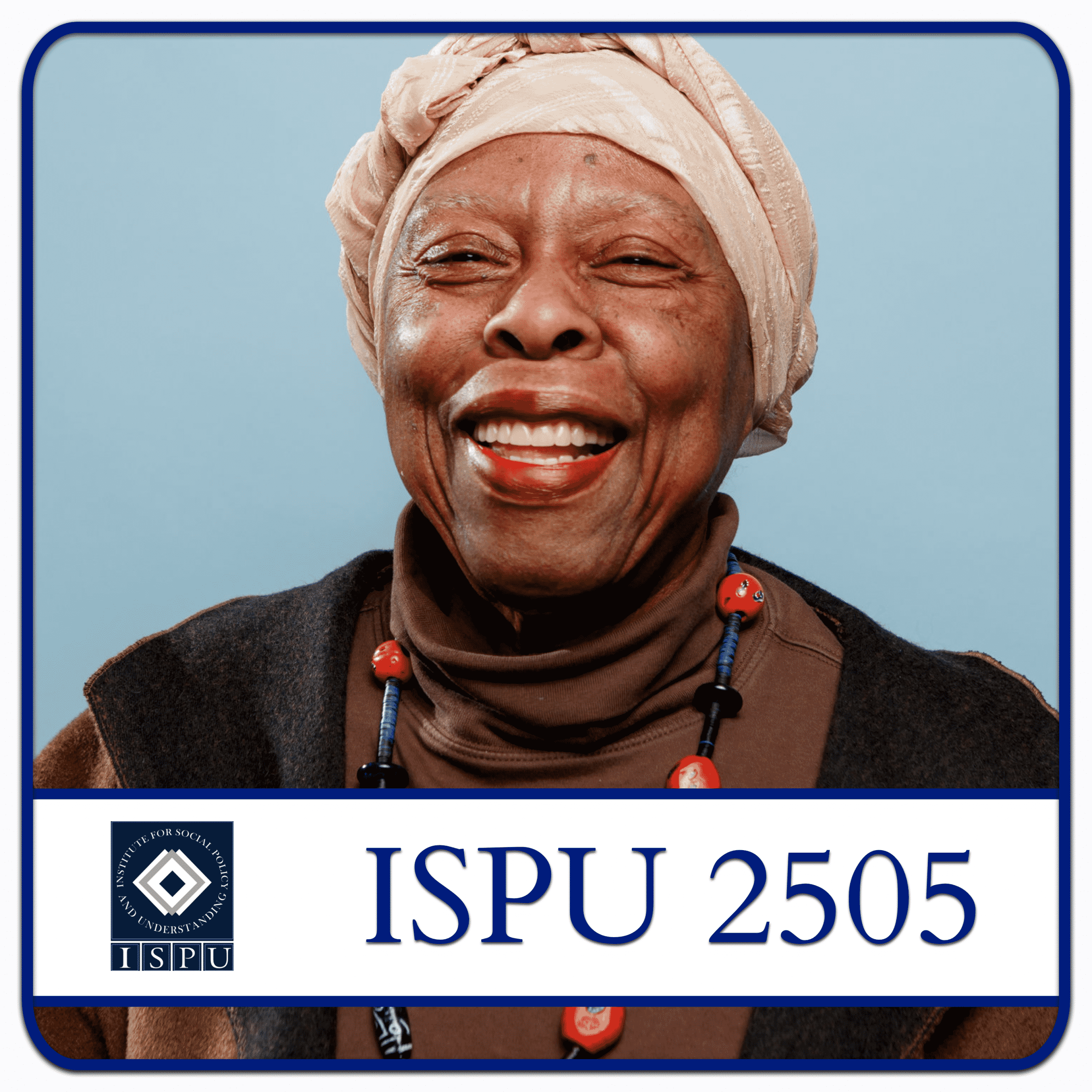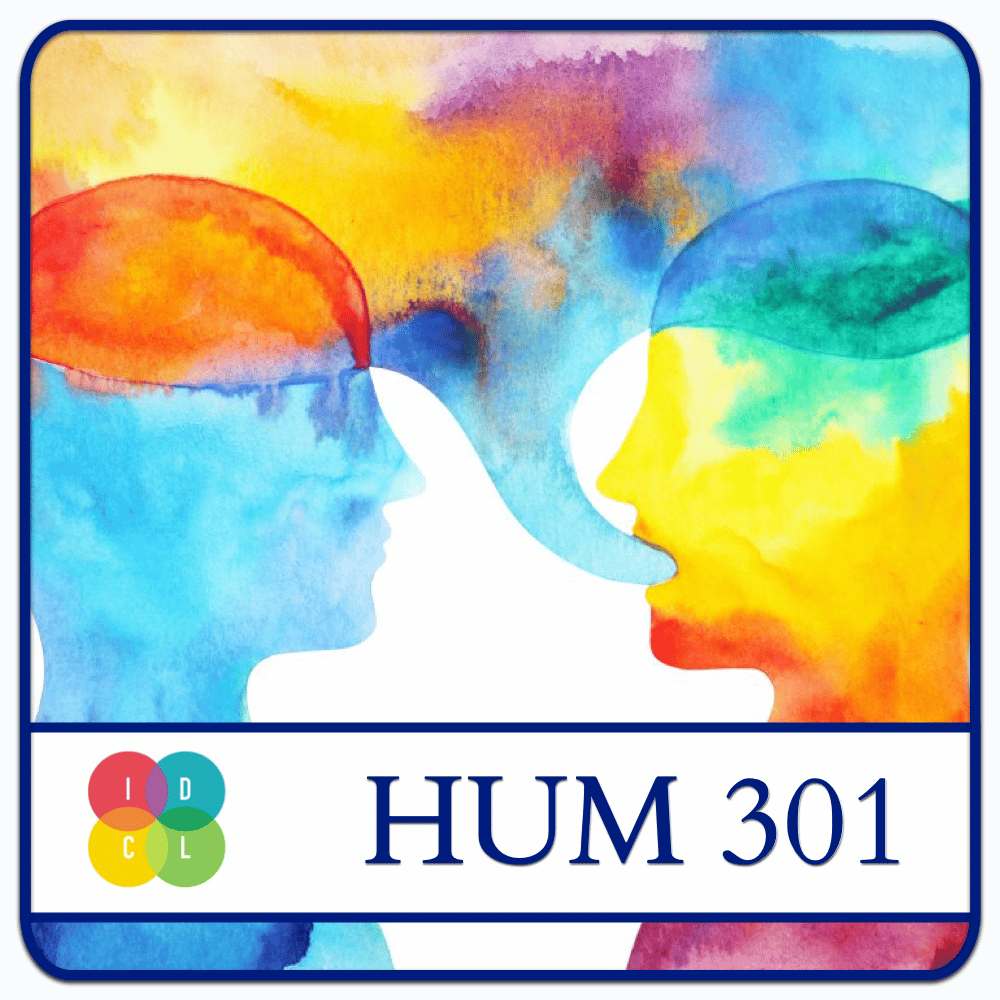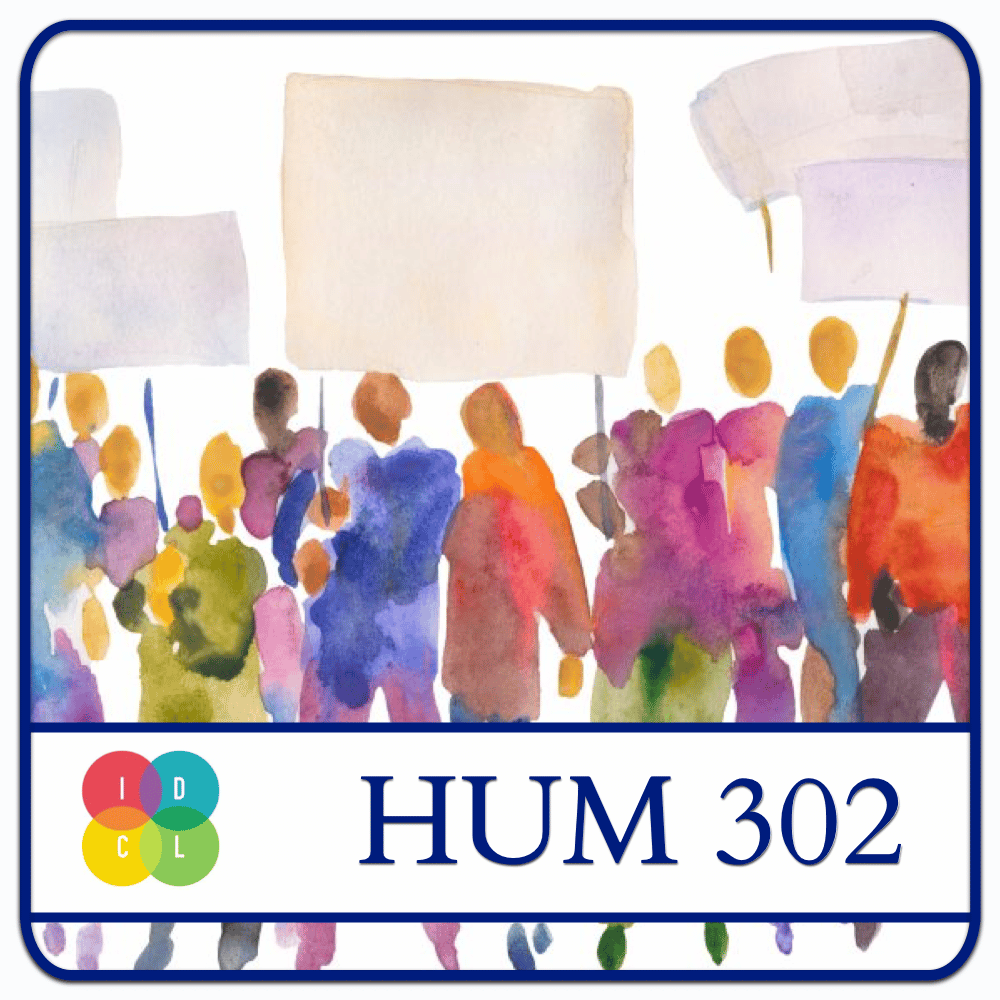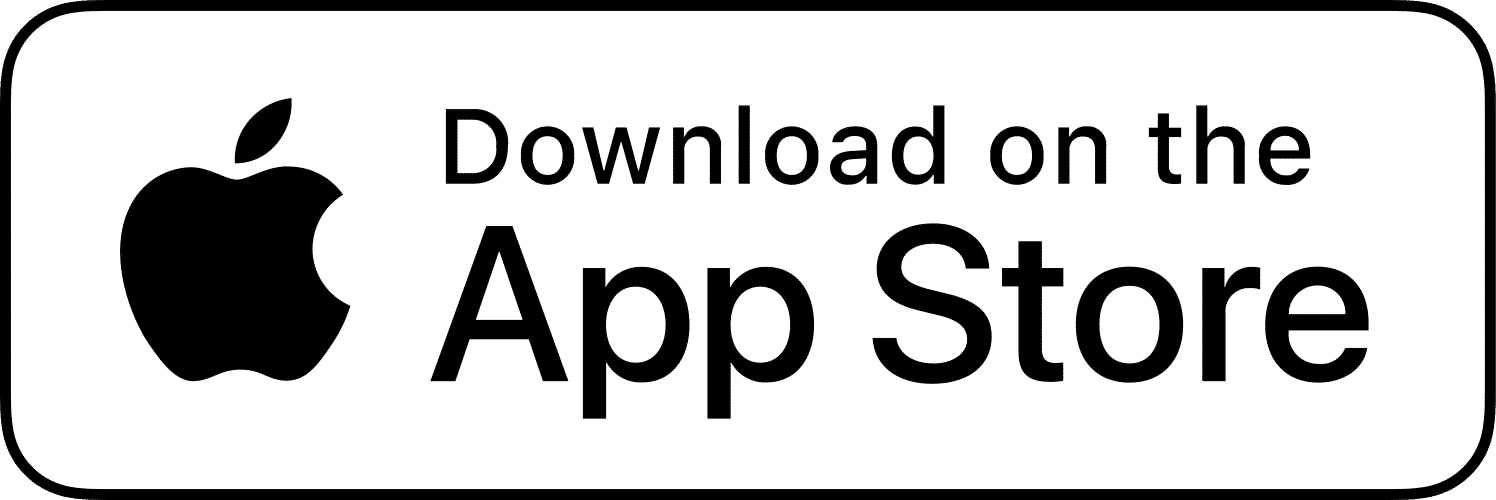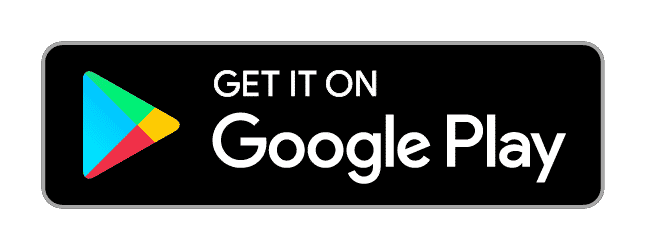Analytical Thinking
Courses
Resources
Experts Directory
Certifying Organizations
Events
Skills
Topics
Religions & Identities
Geography
-
AMST 2501 Muslim Religious Liberty in Early America|The legal history of religious liberty in the United States reveals a simple fact: there has never been an America...Show$56
-
AMST 2502 Who are American Muslims?|Study groundbreaking research on American Muslim experiences in all their diversity. Track contemporary trends about not only Americans who are...Show$56
-
AMST 2503 How are American Muslims Represented?|Have you ever felt like some news stories receive a lot more coverage than others of equal importance? You’re not...Show$56
-
AMST 2504 How are American Muslims Treated?|In this interactive course, you will engage a series of “civic tracks” about how American Muslims are treated by the...Show$56
-
AMST 2505 Resilient Communities: Pathways Forward|Lorem ipsum dolor sit amet, consectetur adipiscing elit, sed do eiusmod tempor incididunt ut labore et dolore magna aliqua. Ut...Show$56
-
AMST 2506 Capstone Project: American Muslim Life|Earn academic credit and a certificate by completing the 2500-level course collection and the following Capstone project. You will receive...Show$2,800
-
HUM 301 Introduction to Oral History|Oral History is an accessible research methodology that provides everyday stories with a place in the historical record. In this...Show$56
-
HUM 302 Oral History and Social Justice|Oral History is a tool for documenting and preserving marginalized stories that would otherwise go unheard. This course will teach...Show$56
